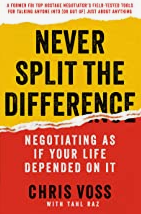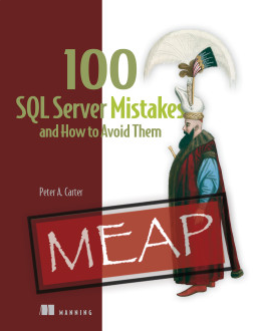I’ve been fortunate enough to attend many technical conferences during my career. I’ve gotten to many Microsoft shows, most of the PASS Summits, and been lucky enough to go to my favorite, SQL Bits, quite a few times. I look forward to SQL Saturdays every year in locations all around the world, and I get to help plan and present at Redgate’s SQL in the City shows.
Microsoft has rebooted their conference strategy in light of the Covid-19 pandemic, with no plans to have a live event before July 2021. That’s amazing for a company that hosts the large Ignite, Build, and Inspire events, as well as many other events. I saw recently that Agile+DevOps event has gone virtual as well, with reduced costs. I imagine Microsoft will follow suit as well. SQL Bits moved their event to September, and PASS has announced the Summit will go on, but I wonder if either of these will be live events.
I recently got a note from a SQL Saturday that had initially cancelled, informing me that the event had gone virtual and I could still present. While I’m happy to do so, what’s the difference between SQL Saturday Denver and SQL Saturday Oslo if they go virtual this fall? Not much, in my opinion, though I do hope anyone holding a “local” event gives priority to local speakers. I’m happy to present, but I shouldn’t get more engagements at events when there are others that would like opportunities.
More virtual events are good in one sense: more people get access to presentations that they wouldn’t otherwise be able to attend. We also dramatically increase the equality of access to learning, inspiration, and the other value that speakers deliver to audiences. At the same time, there are plenty of downsides. Organizers may struggle to fund their events because nothing is free and the value of a virtual event is less, sponsors and vendors will see less value.
Many speakers may struggle to get exposure and speaking slots. If you can choose Paul Randal, Denny Cherry, Andy Leonard, and Brent Ozar to present at your event, would you pick me? Or many of the other speakers that submit to SQL Saturdays? Maybe, maybe not, but there is a tendency to stick with the best if you can get them.
Maybe the biggest losses in my mind are the lack of networking and the inability to focus. I went through the Microsoft MVP Summit from home, with 3.5 days of sessions all day. I struggled to stay focused, I was distracted by not being in a room with less of my life around, and I still had other things on my mind. It was hard, and I got less from it than an in person event. How many people will get a ticket to a virtual event from their boss and not have to come into the office? How many are willing to sit in front of a screen for hours at a time? It’s hard, and I don’t know if it’s the most sustainable model.
Maybe in-person conferences are an anachronistic way of gathering together a group of people for an event. Maybe the virtual event is better, and I do think it is for some. It’s also worse for some. Personally I hope live events make a comeback in the future, but I’m curious what the rest of you think. Let me know today.
Steve Jones
Listen to the podcast at Libsyn, Stitcher or iTunes.





Long a fan of both remote and in person options I think they both have a place. One of the most annoying memories was when I went to a user group meeting and the speaker was remote.
Typing and producing video are not ideal ways of doing a lot of communication. Hopefully we will talk as well as type going forward.
LikeLike
I’ve been thinking about this recently. Online conferences could reach more people, cause less harm to the environment and play a key role in growing local networks, but only if people are prepared to embrace the change.
Viewing parties could work well, but we didn’t get much response when we organise one for GroupBy (possibly due to the event times).
Satellite events could work, so global events run during the day, and user groups or sponsors could organise official local events during the evening or maybe the Saturday after.
Another option could be better conference software. Software like https://hopin.to/ looks promising as it allows for different rooms \ stages, event booths and even networking. If people embrace these tools, we could get some cool things with VR and sponsors being able to walk around their offices, putting users in direct contact with the development team.
It would also make it easier to run events, and hopefully, conferences will gain popularity through relevance and content over location and nightlife. But, it’d still be great to meet others in the community in person.
LikeLike
Thanks for writing this, Steve. I really like your point that, virtual events “dramatically increase the equality of access to learning, inspiration, and the other value that speakers deliver to audiences.”
I am quite interested in seeing what advances in technology and processes can do to help make the networking and need-to-focus issues better for virtual events. This is one of those things where I feel like it won’t ever be the “same” as it is at a physical event, but perhaps it could be much better than it is now and do things in a different way.
LikeLike